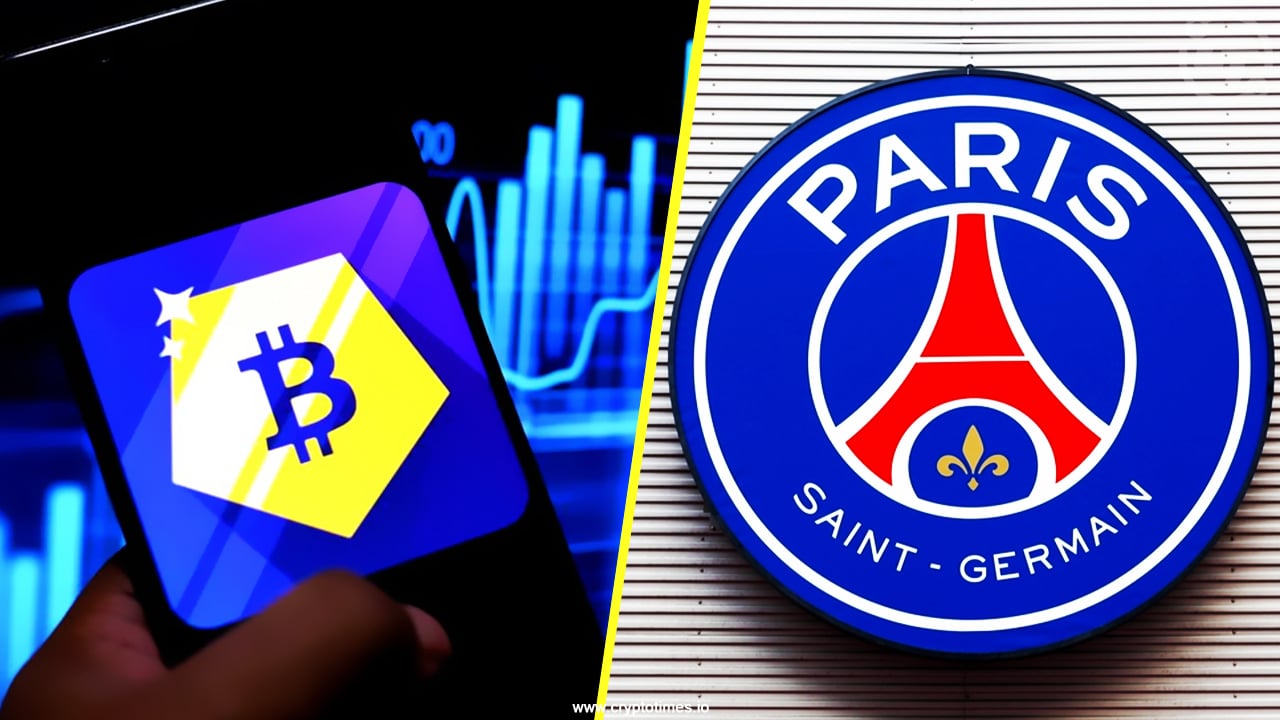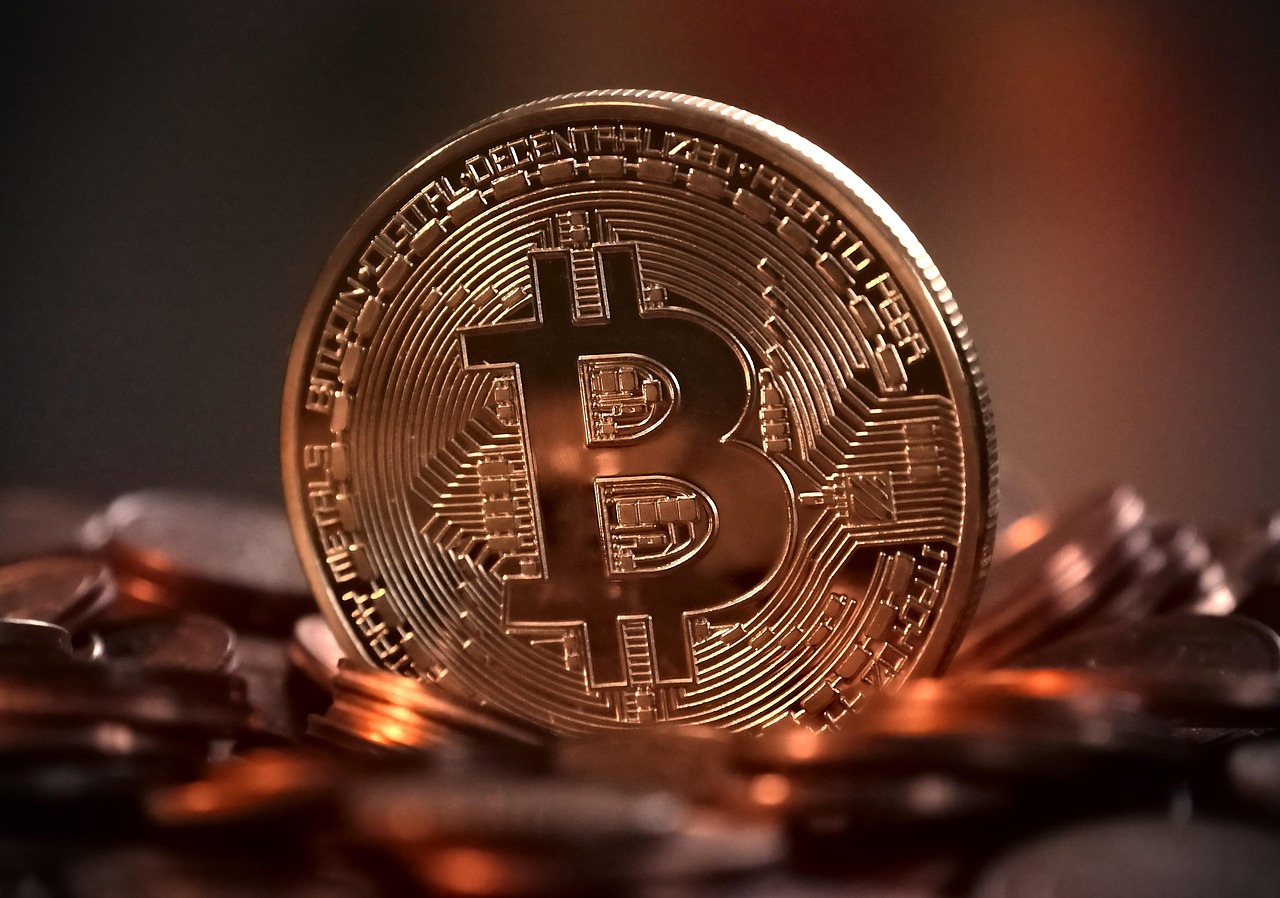Paris Saint-Germain (PSG), a powerhouse in European football, has boldly added Bitcoin (BTC) to its treasury. This marks a historic first for the global sports industry.
Announced at the Bitcoin 2025 Conference Las Vegas, Pär Helgosson, head of PSG Labs, revealed that the club converted a portion of its fiat reserves into Bitcoin in 2024 and continues to hold it.
This audacious step positions PSG as a pioneer, seamlessly blending the worlds of sports and cryptocurrency. Consequently, this move sparks critical questions: How does it reshape the crypto landscape? How does the present move redefine football’s financial strategies? More importantly, how does it influence other sports entities?
In this article, CryptoGuide GH will look into the implications and explore whether others in football and sports in general might follow.
Crypto Crimes: How Online Hacks and Scams Are Skyrocketing Due to Recent Cryptocurrency Price Surges
PSG revolutionising crypto’s role in sports
PSG’s decision elevates Bitcoin’s status from a speculative asset to a legitimate treasury reserve. This reinforces the digital asset’s growing acceptance among major institutions.
Unlike previous crypto engagements in sports, which have often been limited to fan tokens or non-fungible token (NFT) promotions, PSG’s strategy is a long-term commitment.
Holding the flagship crypto asset demonstrates the club’s confidence in Bitcoin as a wealth store. This comes at a time when Satoshi Nakamoto’s innovation recently hit an all-time high of $111,800 before a slight pullback.
This move also aligns with a broader trend. MicroStrategy and GameStop have also embraced Bitcoin treasuries. The majority of the two companies’ move was buoyed by the strategy of BTC supporter Michael Saylor.
Moreover, PSG has a global fanbase in the millions. About 80% of fans fall under 34. The introduction of cryptocurrencies to a young, tech-savvy audience amplifies the impact of Bitcoin’s adoption. As a result, Bitcoin gains mainstream visibility, potentially accelerating adoption across industries.
Additionally, PSG Labs’ initiative to invest in Bitcoin startups and entrepreneurs further cements the club’s role as a crypto ecosystem builder. By fostering innovation, PSG not only diversifies its financial portfolio. The club also positions itself as a leader in decentralised finance (DeFi).
This proactive approach could inspire other institutions to view Bitcoin not just as an investment. Many institutions can look at the cryptocurrency as a strategic asset. In the long term, the currency expands its influence beyond traditional finance (TradFi).
Blockchain.com Crypto Expansion Sparks Economic Transformation in Ghana, Kenya, and South Africa
PSG redefining football’s financial playbook
Transitioning to football, PSG’s Bitcoin treasury reshapes how clubs approach financial management. Traditionally, football clubs rely on sponsorships, player sales, ticket sales, and merchandise for revenue.
However, PSG’s move introduces a new paradigm. This paradigm leverages digital assets to hedge against inflation and currency fluctuations. This strategy is particularly relevant given the club’s young fanbase, which is increasingly crypto-aware.
By integrating Bitcoin, PSG aligns its financial identity with its lifestyle brand ethos. “We’re about what’s next, just like Bitcoin,” Helgosson stated at the conference.
Furthermore, this move could enhance PSG’s global brand appeal. Crypto sponsorships in football continue to surge tremendously year-over-year (YoY).
According to Finance Magnates, about 59% of all new sports sponsorship deals by crypto exchanges (centralised and decentralised) in 2024/25 were in association football.
A Yahoo Finance article also revealed that about two out of three crypto sponsorships in sports were in association football. Specifically, association football accounted for 20 out of a potential 34 sponsorship deals.
PSG’s bold move sets it apart from competitors such as Manchester United or FC Barcelona, who solely concentrate on fan tokens.
Consequently, PSG could attract more crypto-related partnerships, boosting revenue and fan engagement. For instance, their existing collaborations with Socios.com for fan tokens and Crypto.com for NFTs demonstrate a robust Web3 presence, which this Bitcoin strategy amplifies.
PSG Football Club Fan Token Nearing $20 Billion in All-Time Sales Volume Thanks to UCL Performances
PSG is setting a precedent for the sporting world
Shifting focus to the broader sporting world, PSG’s Bitcoin adoption could ignite a trend among other clubs and organisations.
European football, with its massive global reach, is a fertile ground for crypto integration. Lazio, FC Porto, Juventus, Atlético Madrid, AS Roma, FC Barcelona, AC Milan, and PSG have already explored fan tokens. Despite their foray into global fan tokens, PSG’s treasury strategy is a deeper commitment.
As Helgosson emphasised, PSG aims to support Bitcoin ventures, leveraging its fanbase to scale startups globally. This vision could inspire other sports entities to follow suit, particularly those targeting younger demographics.
Moreover, the timing is significant. With Bitcoin exchange-traded funds (ETFs) gaining traction and regulatory clarity emerging in markets like the U.S., sports organisations may see Bitcoin as a safer bet.
For example, President Trump’s push for U.S. federal Bitcoin reserves could encourage American sports leagues, which have been slower to adopt crypto treasuries, to reconsider.
However, challenges remain. Regulatory uncertainty and Bitcoin’s volatility, which recently saw a 5% weekly drop, are major concerns.
Despite these hurdles, PSG’s move signals a shift toward viewing digital assets as integral to financial strategy. This could potentially prompt teams in basketball, esports, and motorsport to explore similar paths.
Will Others Follow PSG’s Lead?
Ultimately, the question remains: will other clubs follow PSG’s lead? Several factors suggest they might.
First and foremost, the financial benefits of holding Bitcoin, which provides you protection against inflation and potential appreciation, are compelling. This is ideal for football clubs with large cash reserves.
Secondly, the growing crypto-awareness among fans, particularly in Europe, creates a receptive audience.
Finally, PSG’s success as a trailblazer, both on and off the pitch, could pressure competitors to innovate or risk falling behind.
Nevertheless, caution persists. Not all clubs have PSG’s resources or global reach to absorb Bitcoin’s volatility.
Smaller teams may stick to safer crypto ventures like sponsorships. Still, as PSG prepares for the UEFA Champions League final and other major competitions in the future, its Bitcoin gamble sends a powerful message. The future of sports finance is digital.
In conclusion, PSG’s bold move not only bridges crypto and football. It also sets a transformative precedent, urging the sporting world to embrace the decentralised revolution.
Bitcoin $2 Trillion Market Capitalisation Has Surpassed Meta, Tesla, and Google





3 Comments
The inclusion of Bitcoin in PSG investment portfolio showcases the growing adoption of the cryptocurrency in mainstream corporations. Exciting times for crypto.
Football and crypto coming together could attract a new wave of fans and investors. Win-win for both worlds.
Pingback: Will Metaplanet Bitcoin Surge Shake Up the Crypto World and Take BTC to $200,000? » CyptoGuide Ghana